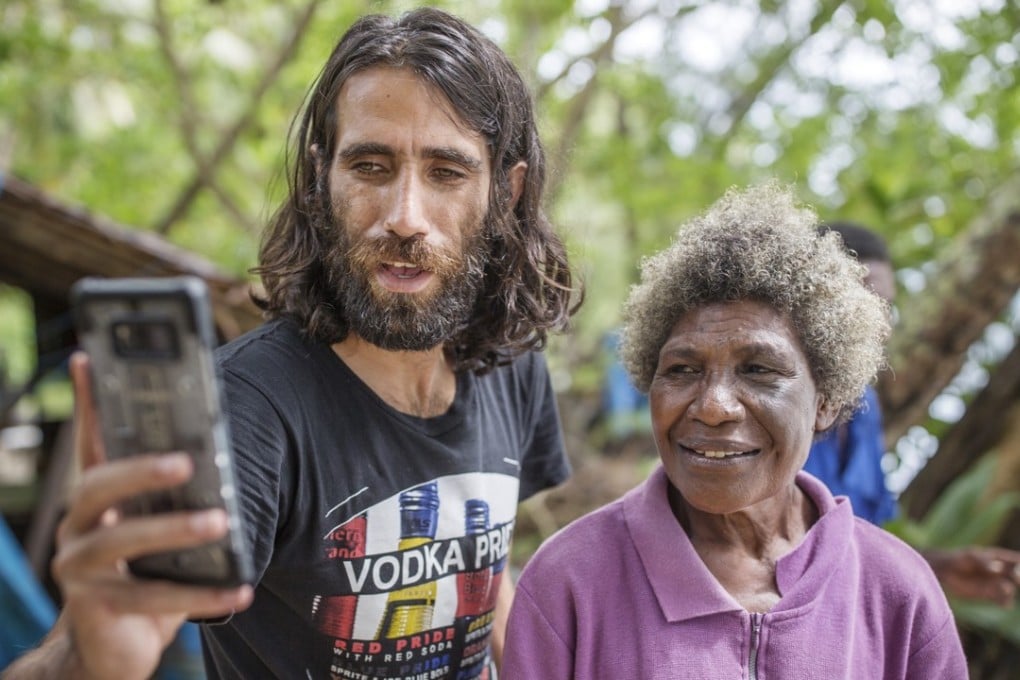Video | The human cost of Australia’s offshore detention centres, where freedom does not equal opportunity
Australia has long exiled asylum seekers on the remote island of Manus. Now ‘free’, the men suffer violence, depression and isolation. If not for whistle-blowers like Behrouz Boochani, their plight might never have been known

A motor boat comes to a stop outside a fenced stretch of shoreline on Manus, a tropical island some 250km north of New Guinea, and part of the country of Papua New Guinea (PNG). The fence marks the perimeter of a PNG naval base containing a refugee camp that is no longer in use. Behrouz Boochani calls it a prison, and it was his enforced home for almost three years, from August 2013 to April 2016, when PNG’s Supreme Court ruled that Australia’s detention of asylum seekers on Manus Island was illegal, and the gates were opened.
The camp structures are being torn down and Boochani, who now lives elsewhere on Manus Island, in the East Lorengau Refugee Transit Centre, wants to document the process.
The Iranian-born Kurd wades ashore, glances around furtively, then jogs ahead, his phone in his hand. Intrusion on military property is a crime, but defying authority has frequently proven essential to Boochani’s survival. In Iran, he was persecuted for his journalism. In Indonesia, he was jailed for lacking documents. Australia denied his asylum claim and shipped him – and more than 1,000 other refugees – off to PNG, there to be forgotten. Instead, he broadcasts their stories worldwide, and helps international journalists to do the same, forcing the outside world to recognise their existence.
“Australia made a mistake when they imprisoned a writer,” he says, with a wry smile.
In September 2012, Australia decided to close its doors to refugees arriving by sea; its navy would start towing boats back to Indonesia, from where they had set off with their human cargo. Vessels overloaded and at risk of sinking would be sent to camps on Manus and the island nation of Nauru. There they would be denied all possibility of entering Australia, regardless of whether they had spouses, parents or children living in the country. Their only options were to resettle on the islands or return to where they came from.
